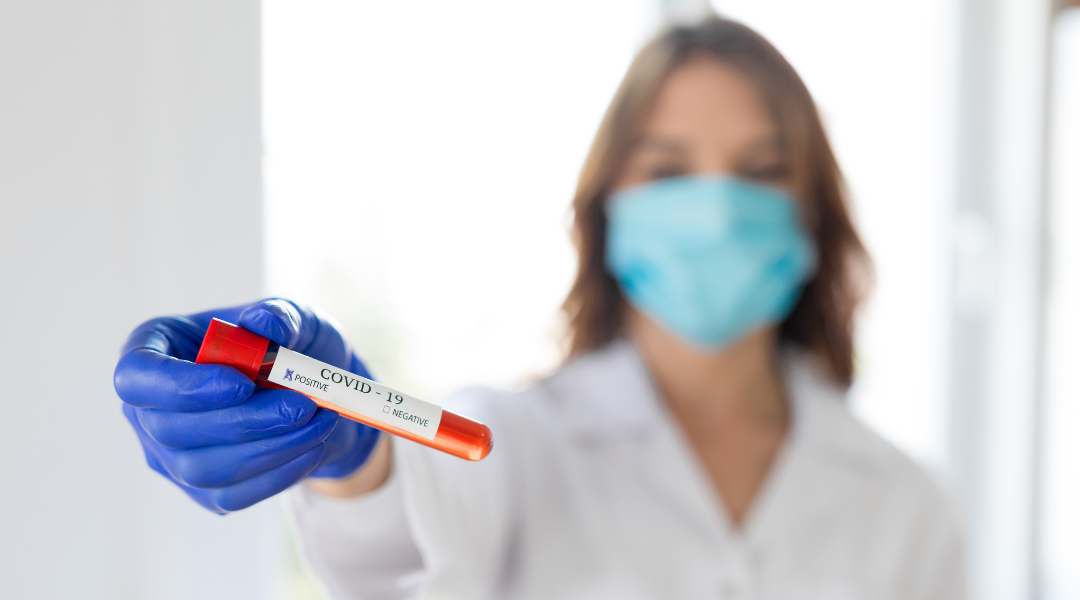

Mr. Suzuki
I was paying close attention, but I got infected with the COVID-19.
I don’t have much symptoms now, but what should I be aware of later?
In Indonesia, COVID-19 Delta strain is rampant and the infection is spreading.
In addition to the rapid infection rate, Delta strains are often characterized by severe symptoms.
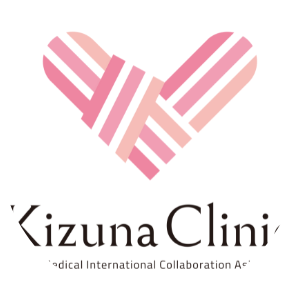
KIZUNA
This article was written by dr. Matilda, a doctor at Kizuna Clinic.
When infected with COVID-19 and isolated at home,
1. What should be careful about?
2. What kind of tests should take when suspected COVID-19 infection?
Kizuna Clinic is an international standard clinic located in Jakarta, Indonesia.
A doctor with 14 years of extensive experience and a nurse with a Japanese nurse qualification will support your health.
At Kizuna Clinic, we aim to be close to each patient’s anxiety, and to find the best method for patient with staffs who are familiar with reliable medical technology and international standard medical care.
Please feel free to contact us if you have any concerns about your health, not just when you are ill.
What is the COVID-19 Delta strain that is rampant in Indonesia?
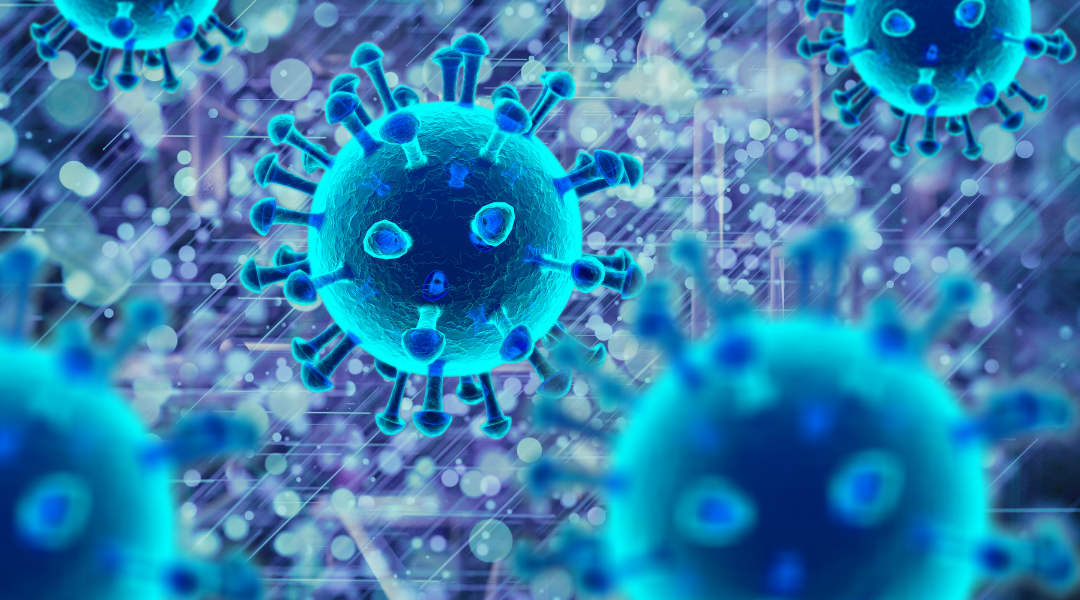
“Delta strain” is a new type of mutated coronavirus with strong infectivity.
According to the WHO (World Health Organization), the Delta strain was first reported in India in October 2020 and is one of the causes of the rapid spread of infection in India since April 2021.
“Delta strain” has mutations such as “L452R” and “P681R” in the gene of “spiked protein”, which is the protruding part of the virus, and easily sticks to human cells, and the amount of virus emitted by infected people is large, the infectivity is getting stronger.
If you suffered from COVID-19, the things to take care during home recuperation
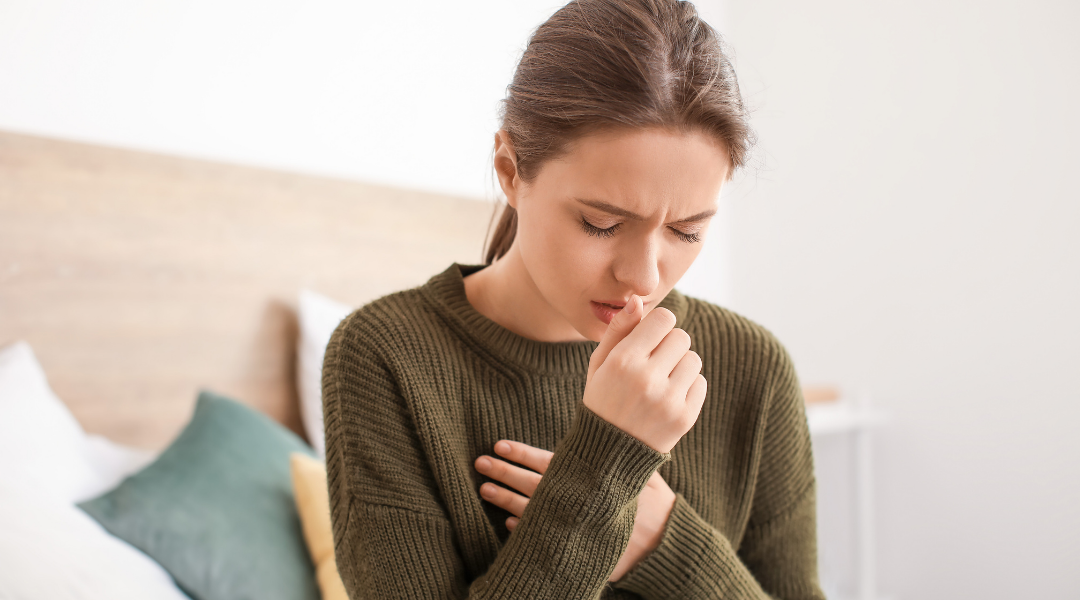
Initial symptoms appearing after infection with COVID-19:
The first symptom that appears after infection with COVID-19 is
“fever, headache, nausea, body pain, tiredness, loss of appetite, loss of smell and taste, cough, sore throat”.
If you experience any of these symptoms, we recommend that you should have an antigen test, PCR test, and a medical institution.
Things to take care during home recuperation:
Most people infected with COVID-19 get rid of their symptoms within a week to 10 days.
On the other hand, about 20% of infected people have strong respiratory symptoms (cough, sputum, dyspnea, etc.)
on the 7th to 10th days.
It is known that pneumonia worsens and becomes more severe.
For this reason, what you should be careful about during medical treatment at home is
1. Have a lot of cough and sputum?
2. Have difficulity in breathing?
3. Measurement of blood oxygen saturation (usually 96-99%)
In corona pneumonia, despite severe hypoxemia with oxygen saturation of 70-80% due to viral infection, there are many cases where people do not complain that they have “difficulity in berathing”.
For this reason, there is a problem that the detection of aggravation is delayed. The oxygen saturation in blood is also used as a guide to measure the severity.
[Oxygen saturation classification]
1. If oxygen saturation is 96% or higher: There are few respiratory symptoms and you do not feel shortness of breath or shortness of breath. In many cases, the symptoms are mild and spontaneously relieve.
2. Oxygen saturation 93% -96%: Although you may have shortness of breath, you often do not feel it, so have to be careful. Findings of pneumonia are often found.
3. Oxygen saturation 93% or less: Oxygen administration is required.
It is also necessary to carefully observe whether the oxygen saturation increases after oxygen administration.
You should be treated pneumonia and oxygen saturation does not increase, you should consider hospitalization.
Tests to take when you think you may have been infected with COVID-19
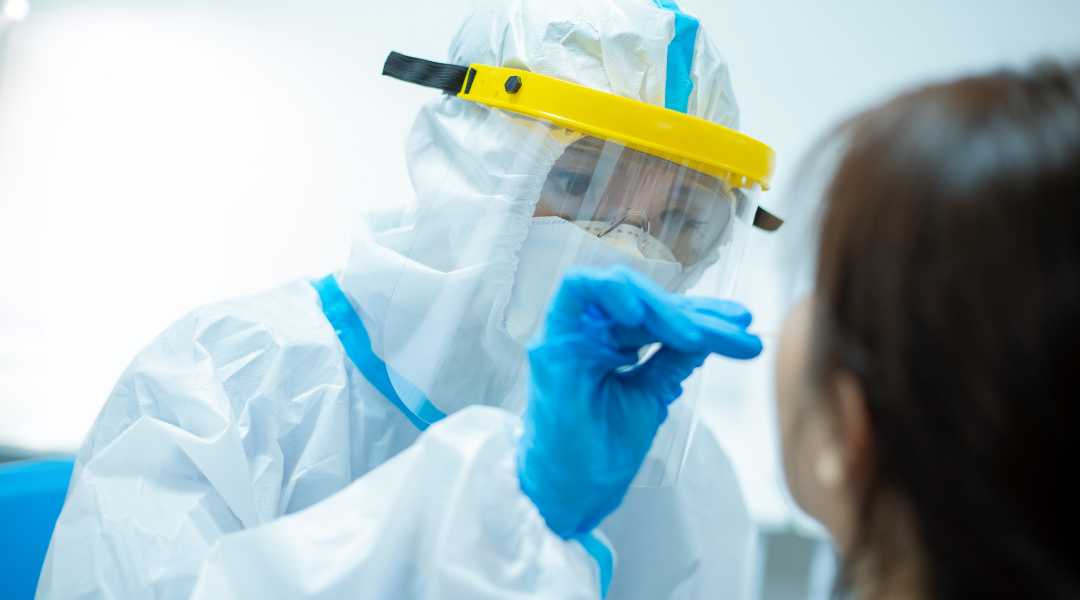
Tests for diagnosing COVID-19 infections include PCR test, antigen quantitative test, antigen qualitative test, etc.
Both are tests to find out if the virus is present in the cells of the person being tested.
Among these, the PCR test and rapid antigen test (antigen qualitative test) used in ordinary tests in Indonesia.
I will explain the difference between the two and the timing to undergo the inspection.
Difference between Rapid Antigen and PCR test
Rapid antigen test is a test method that uses the antibody of the virus you want to test to detect the unique protein of the virus.
The detection rate is inferior to that of PCR testing, but the results are obtained in a short time and no special testing equipment is required.
It is often used when prompt judgment is required.
On the other hand, the PCR test is a method of amplifying and detecting the gene of the virus to be tested using a special chemical solution.
The sensitivity is said to be about 70%, and if the virus is not present at the place where the sample was collected, etc., even if you are infected, you may get negative.
When to get tested
Rapid antigen test is effective for definitive diagnosis from the 5th day of exposure (0th day of onset) to the 5th day after onset.
Even if you test during the asymptomatic period, it is more likely that you will not be able to detect it.
PCR tests are said to be detectable several days before the onset of infection.
Specifically, it is possible from the 3rd day after exposure (2 days before the onset), and it can be tested even during the asymptomatic period, but if it is too early, it will be a false negative.
If the Rapid Antigen test is negative, whether you need to have a PCR test? In the PCR test, the virus is amplified, and if the number of cycles (Ct value) required for this amplification is 25 or more, antigen tests can be negative even if the virus is in the body.
In other words, even if the antigen test gives a negative result, it cannot always be said to be negative unless the PCR test is performed.
まとめ
Most people infected with COVID-19 have their symptoms relieved naturally, but about 20% of them have strong symptoms of pneumonia in 7 to 10 days and it becomes severe.
for that reason,
1. Have Cough / sputum
2. Have difficulty in breathing
3. Measurement of blood oxygen saturation
above three are important.
Even if you do not have symptoms such as short breath, if your blood oxygen saturation is 93% or less, contact your local medical institution or family doctor.
At Kizuna Clinic, in addition to home visits for people suffered by COVID-19, we also offer online medical examinations where you can see a doctor at home.
Health consultations are available 24 hours a day via WhatsApp or phone.
Please feel free to contact us.